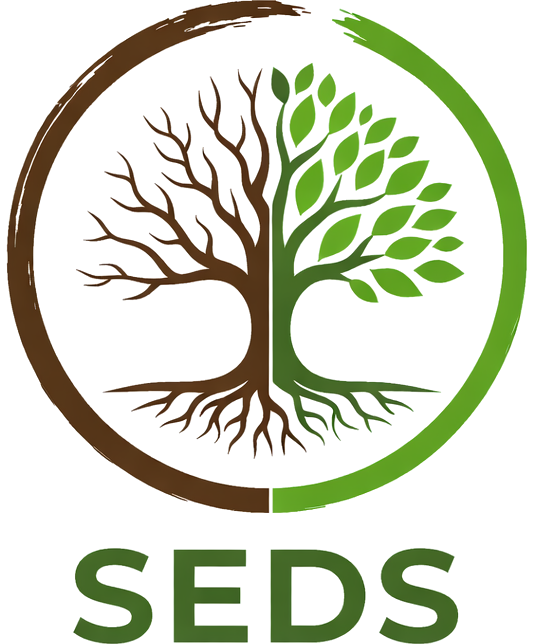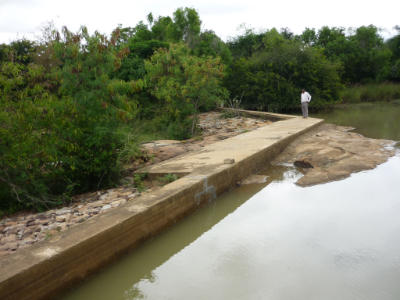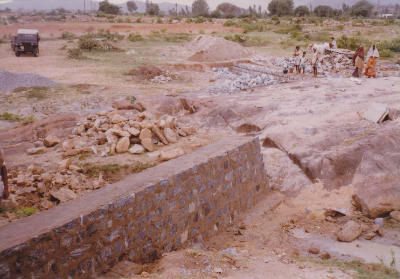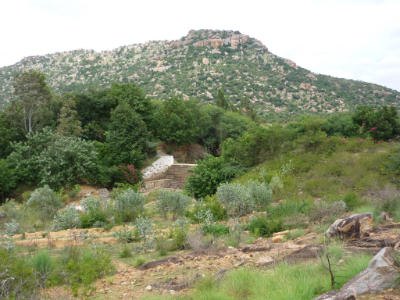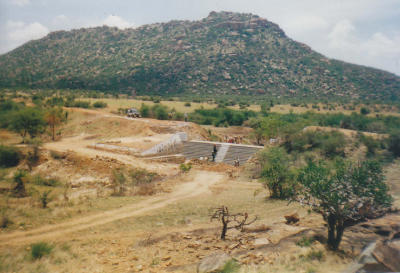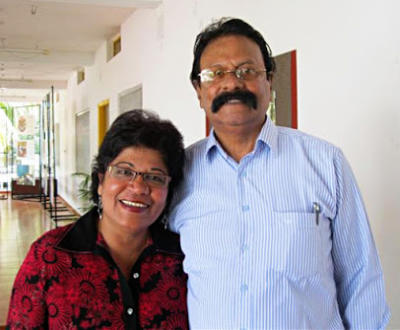
Our Story
How We Started
When Rajen Joshua came to Anantapur as part of a group of young volunteers, it was the second-most drought-prone area in the country. The hilltops were barren and it was extremely difficult to grow crops. He decided to stay on and try to change the situation. The local people were sceptical about his ideas for rainwater conservation and reforestation, but Rajen persisted. Trenches were dug at the base of hills where rainwater washed down. Gradually, vegetation began to grow around the perimeter of these check dams. With these first literal green shoots, the locals began to believe in the intentions of the fledgling SEDS organisation.
How We Grew
Manil Jayasena joined Rajen as his wife and partner in their vision to do more for the land. From environmental regeneration, the focus expanded to conservation and social upliftment. SEDS began running programmes that would improve the quality of life in the villages around Penukonda. Village self-help groups were established to support women and ensure they received all benefits due to them. Vocational training was established for women and men, and the SEDS school was started to provide quality and subsidised education to the children of surrounding villages.
Over the years, we expanded by listening to farmers, teachers, and village leaders. Each program is designed around local needs and delivered alongside community‑based organizations.
Where We Are Today
The Clean Development Mechanism program is one of the most important in the history of SEDS. The program unites the goals of carbon and pollution reduction, women's welfare, economic sustainability and renewable energy in a meticulously planned endeavour that is also subject to rigorous methods of verification.
Today, SEDS supports long‑term development through education access, climate‑smart agriculture, and natural resource management across 350+ villages in 5 mandals of Anantapur district. In the words of Rajen, "One follows the other, it happens so beautifully."
